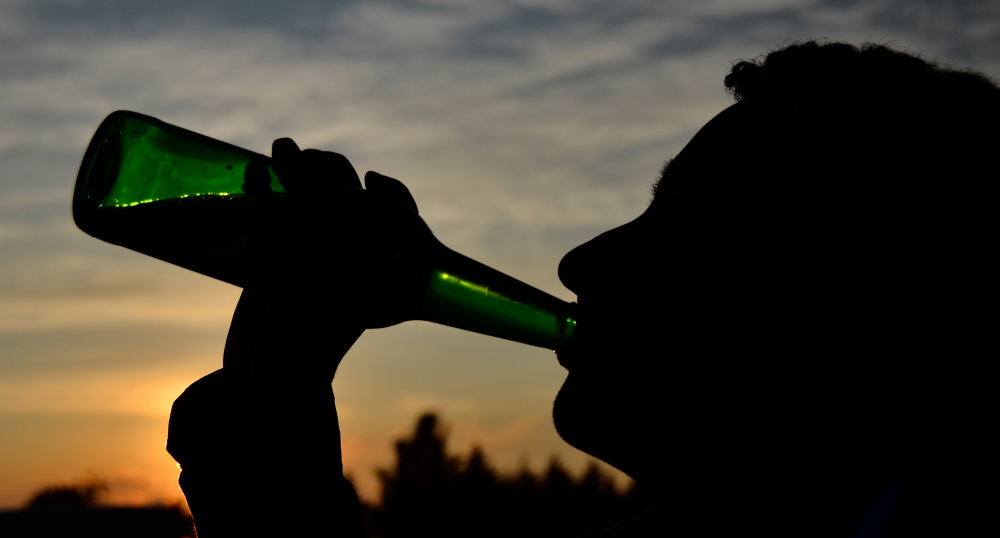Wake up call for “over 50s” drinkers
Figures showing that people aged over 50 are overtaking young people for health problems due to alcohol are an important wake-up call, according to Balance.
The figures from NHS digital and analysed by the Royal College of Psychiatrists found that hospital admissions for mental disorders linked to alcohol have increased by a fifth among the middle-aged in the past five years.
They reveal that 30,642 over-50s were admitted to hospital for mental and behavioural disorders linked to alcohol in 2018/19, up from 25,288 five years previously. This is a 21 per cent increase in the number of over-50s admitted for addiction, memory loss and dementia linked to drinking since 2013/14. But among younger groups – those aged 15 to 49 – admissions have fallen by 7 per cent in the same period.
A survey by Balance has found that here in the North East, one in four adults (26%) are drinking above the Chief Medical Officer’s low risk guidelines of 14 units a week – around 550,000 people. However, most think they are “light” or “moderate” drinkers.
In the North East, it is middle aged people who are most likely to be exceeding the weekly units. One in four people aged 45-54 are drinking between 15-28 units a week, compared to 1 in 5 people aged 18-24.
Colin Shevills, Director of Balance, said: “These figures are a worrying wake-up call and might reflect a reality that alcohol plays more of a part in the lives of older people than it does younger people.
“Heavy drinking is often blamed on younger people but it is people in their 40s and 50s who are often putting their health most at risk, although they might feel they are drinking responsibly. Alcohol is linked to high blood pressure and 7 types of cancer and we are urging people to reduce their risks by understanding more about units and taking more drink free days.
“We are seeing a pattern of younger people drinking less and that might be because they are more health and fitness conscious. Figures also show patterns of binge drinking among teenagers are also lower than they were in the early part of this century.”
People wanting advice and tools to cut down the amount they drink can visit www.reducemyrisk.tv/
